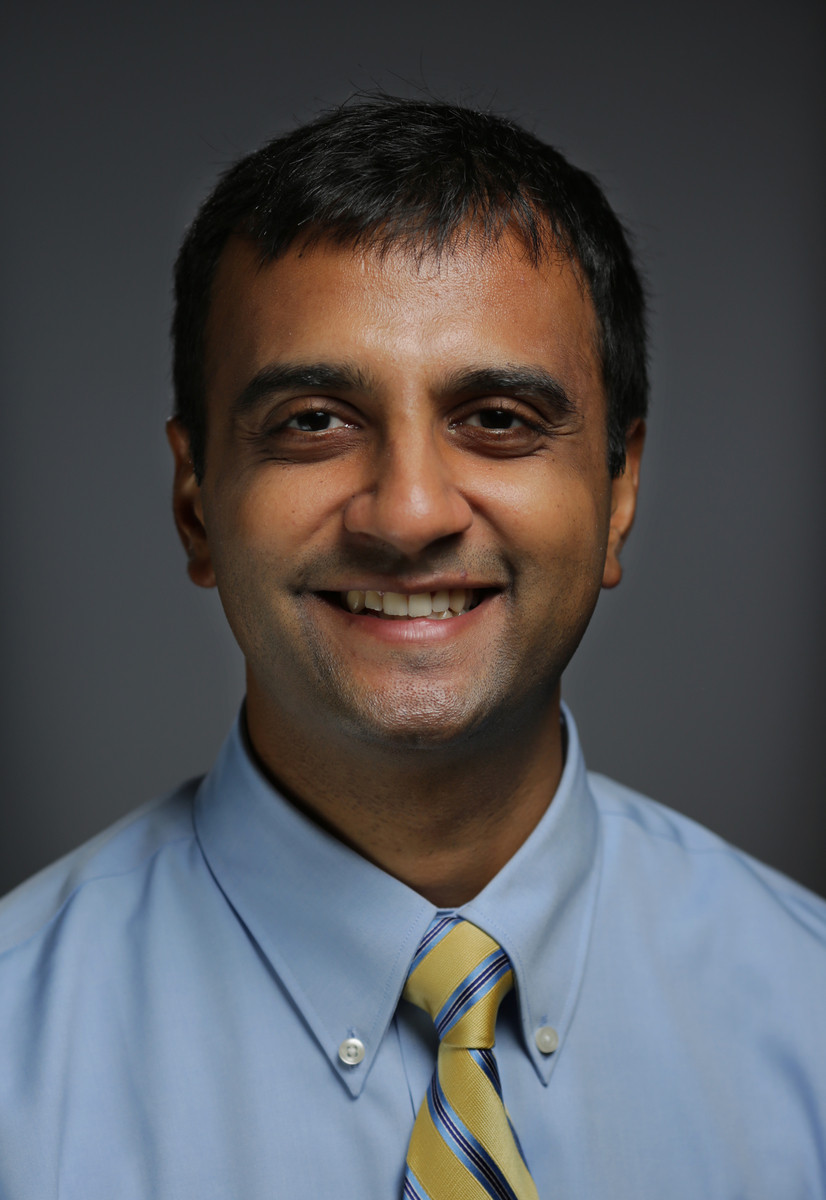The effects of sleep deprivation on surgeons — and their patients

If your surgeon was working the night before, would you want him or her to perform your surgery the next day? The answer to whether a sleep-deprived surgeon is a safe surgeon may surprise you, according to a recent study published in The New England Journal of Medicine.
Over the past decade, concerns regarding trainee doctors’ lack of sleep and the potential for medical errors have brought changes in the number of consecutive hours a trainee can remain in the hospital. Although this is safer in theory, it also brings up a concern that limiting hours in the hospital may also limit a trainee’s experience and produce doctors who are not as well prepared as they might be. This concern is particularly important for procedure-based physicians like surgeons, whose skill often improves in proportion to the number of operations they do.
To address the effect of sleep loss on surgical outcomes, Dr. Anand Govindarajan, a cancer surgeon and assistant professor at Mount Sinai Hospital and the Institute for Clinical Evaluative Sciences in Toronto, led a study of hospital billing data involving approximately 40,000 patients in Canada who underwent 12 types of non-emergency procedures. The operations varied in complexity and ranged from gallbladder removal to bypass surgery.
Dr. Govindarajan and his team first examined the data for approximately 20,000 patients who had had surgery performed by a physician who had operated the night before, between the hours of midnight and 7 a.m. (This was known as the night-call group). They then matched each patient with one of another 20,000 patients who had had the same surgery, performed by the same surgeon, when she or he had not operated the night before. (This was dubbed the non–night-call group). The researchers found that both sets of patients fared equally well. When comparing the night-call group with the non–night-call group, there was no significant difference in the rates of death (1.1% in both groups), readmission (6.6% versus 7.1%), or complications (18.1% vs 18.2%) within 30 days of surgery. This conclusion remained unchanged even after the researchers accounted for differences in the patients’ genders, ages, socioeconomic status, and any other health conditions they may have had.
Dr. Govindarajan’s study has implications for both patients and policy makers. Contrary to intuitive thinking, patients did just as well when a surgeon worked the night before surgery as when she or he didn’t. For patients, the study is reassuring and means one less thing to worry about before surgery. The message for policy makers is that placing regulations on night call for surgeons may not improve safety, and may even increase cost.
Of course, although the study suggests that surgeons’ sleep loss may not be as detrimental to patients’ outcomes as one would think, the authors acknowledge that other factors may have also contributed to the results. For example, the surgeons may have canceled morning procedures if they felt that they could not do their job safely, or may have scheduled a lighter day leading up to the night call. Even so, the study shows that patient safety wasn’t compromised. It is also important to note that in this study, all the surgeons were fully licensed physicians, not trainees, and trainees are the very doctors most likely to be subject to limited hospital hours. Compared with trainees, fully licensed physicians are likely more experienced and may not be as affected by sleep deprivation.
About the Author

Anant Mandawat, MD, Contributing Editor
Disclaimer:
As a service to our readers, Harvard Health Publishing provides access to our library of archived content. Please note the date of last review or update on all articles.
No content on this site, regardless of date, should ever be used as a substitute for direct medical advice from your doctor or other qualified clinician.















